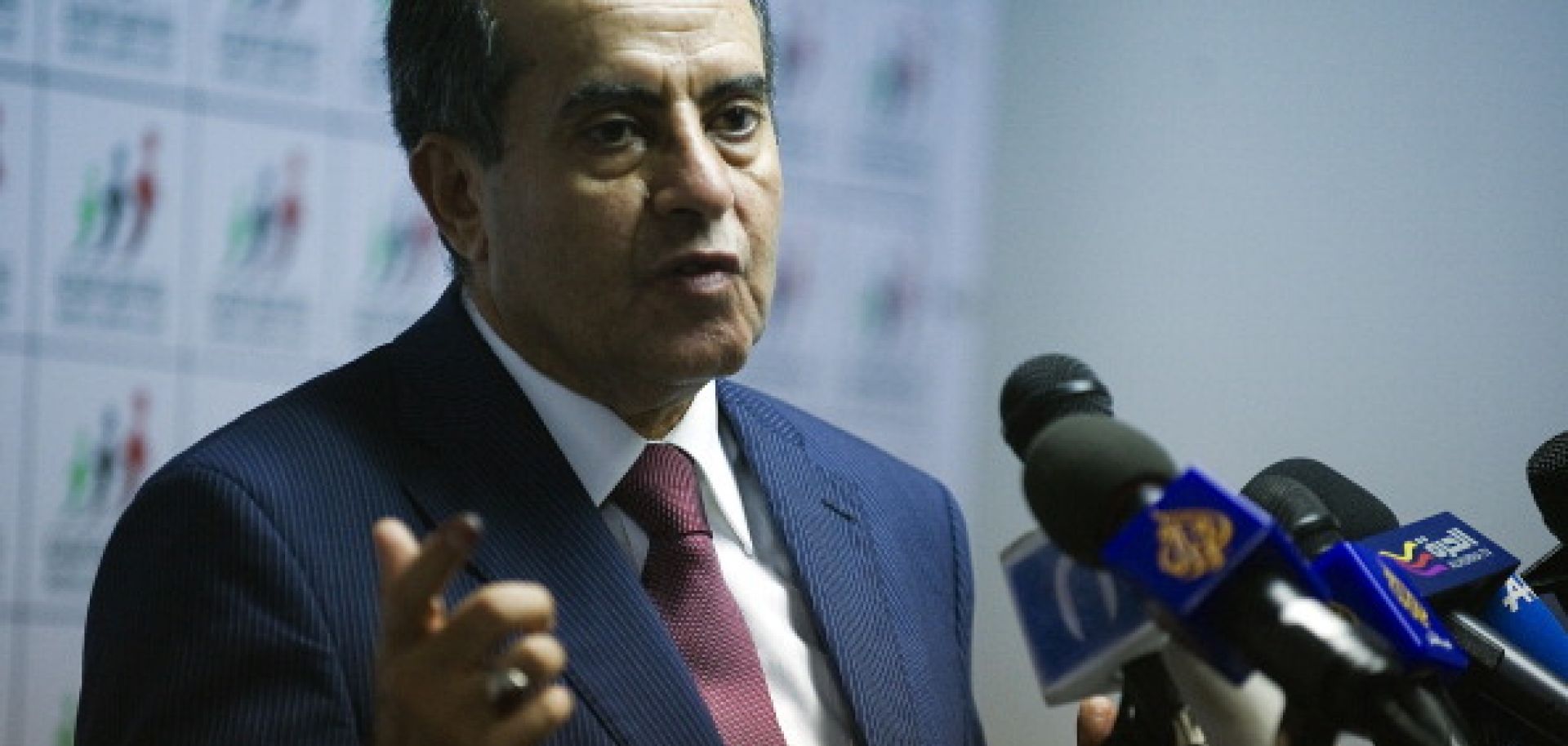ASSESSMENTS
After Elections, Libya's Contentious Path Forward
Jul 10, 2012 | 10:02 GMT

GIANLUIGI GUERCIA/AFP/GettyImages
Summary
Libya held the first free and fair elections in its history July 7, after which officials reported that more than 60 percent of Libya's registered voters participated. The top performing parties have already begun coalition negotiations that will determine the country's next prime minister, Cabinet and parliament. These will replace the National Transitional Council, the interim ruling body that succeeded former Libyan leader Moammar Gadhafi's government.
The elections process and its results, which appear to favor moderate parties, have been praised in the West as an example of Libya's progress toward democracy and the rule of law. However, the elections have done nothing to address growing dissatisfaction toward the central government from both Islamists and regional power centers outside Tripoli, and they may in fact have politically locked in many of the country's internal sectarian fissures. The incoming coalition government will face serious difficulties in attempting to unify the country and assert Tripoli's dominance over would-be autonomous regions as well as satisfying the demands of Islamist militias.
Subscribe Now
SubscribeAlready have an account?
